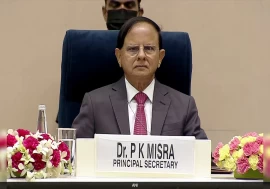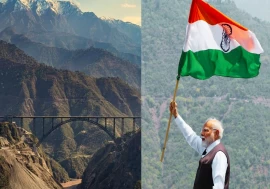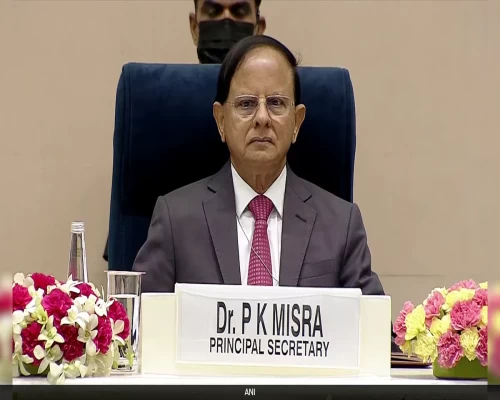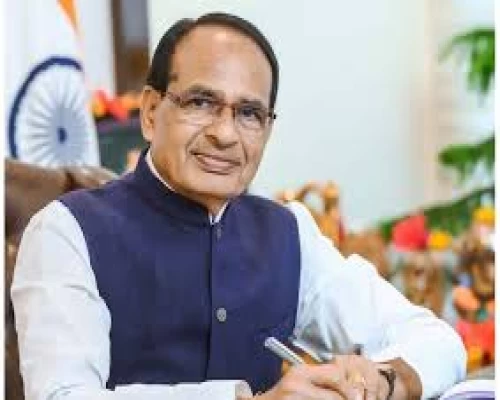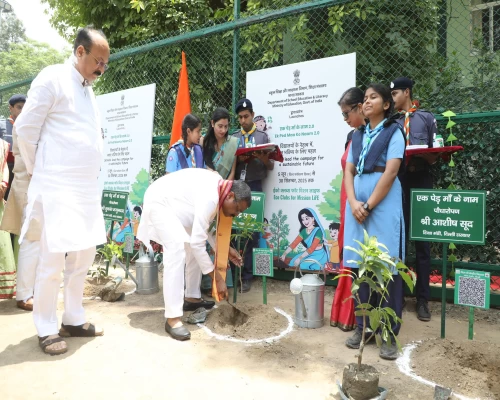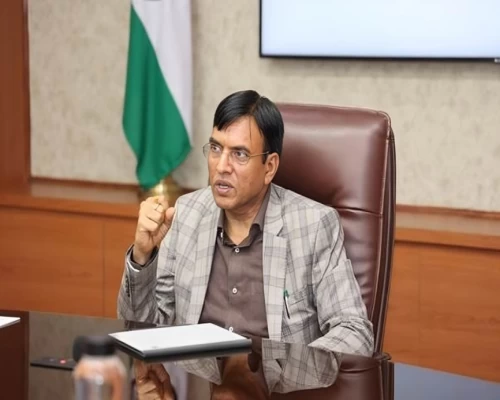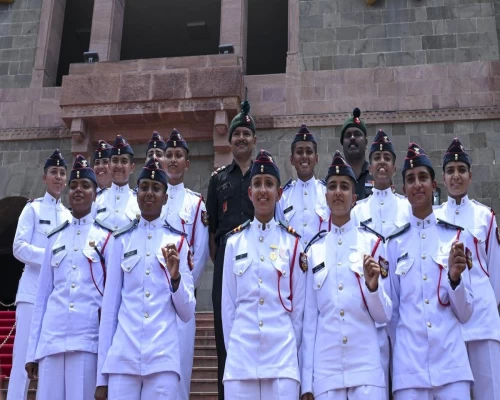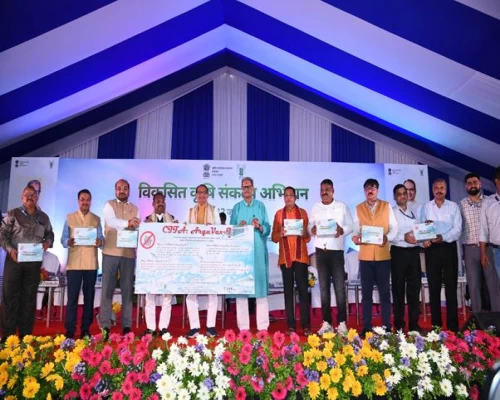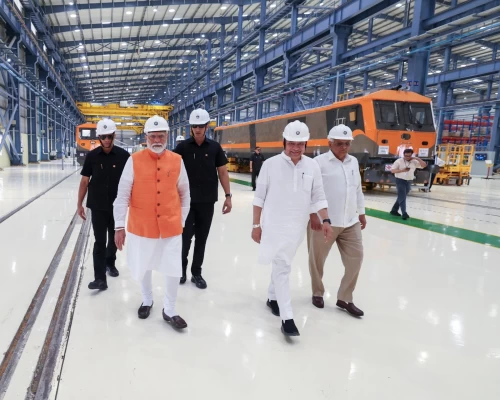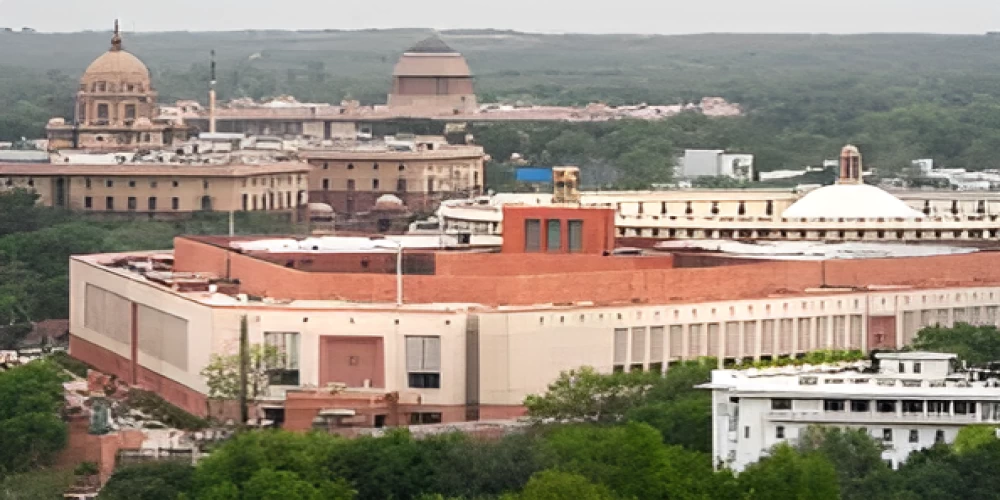
New Delhi: The government introduced the One Nation, One Election Bills in the Lok Sabha on Tuesday following a division vote, where 269 members supported the move and 198 opposed it. The two Bills, The Constitution (One Hundred and Twenty-Ninth Amendment) Bill, 2024 and The Union Territories Laws (Amendment) Bill, 2024, aim to synchronise Lok Sabha and state Assembly elections across the country.
Union Law Minister Arjun Ram Meghwal tabled the Bills and confirmed that they would be referred to a Joint Parliamentary Committee (JPC) for detailed discussion. Home Minister Amit Shah noted that Prime Minister Narendra Modi had emphasised the need for thorough deliberations before advancing the proposal.
The move sparked sharp reactions from the Opposition, which criticised the Bills as an attack on federalism. Congress MP Manish Tewari argued that the proposed legislation undermines the Constitution’s basic structure, which safeguards federalism and democracy. DMK leader TR Baalu and Samajwadi Party MP Dharmendra Yadav also voiced strong objections, accusing the government of curtailing the rights of state Assemblies and voters.
The Bills also propose amendments to align Assembly elections in Delhi, Jammu and Kashmir, and Puducherry with the proposed simultaneous election framework.
While the government defended the Bills as a step towards reducing election costs and streamlining governance, Opposition leaders demanded broader consultations and raised concerns over the constitutional validity of the proposals.
The session, marked by heated exchanges, was significant as it witnessed the first use of the electronic voting system in the new Parliament building. If passed, the Bills will bring a major change to India’s electoral process by synchronising elections across the country, a move that remains deeply contentious.
BI Bureau


